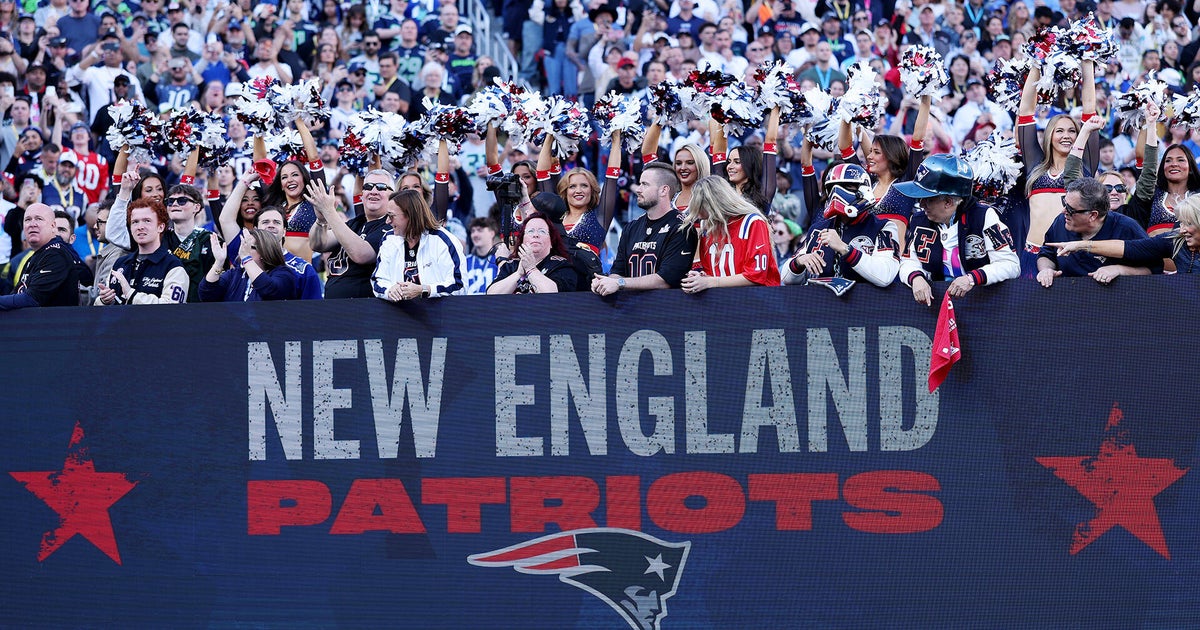Good Question: Is Success Genetic?
MINNEAPOLIS (WCCO) -- On Super Bowl Sunday there will be two head coaches battling for the win, and they're brothers.
Baltimore head coach John Harbaugh and his younger brother, Jim Harbaugh, the San Francsico head coach, ended up pretty similar. But that's not true for all of us.
So is success genetic? Or is it the way we're raised that makes us who we are?
"It's a guessing game," according to Tonia Bock, an associate professor of developmental psychology at the University of St. Thomas in St. Paul.
When she looks at the brothers Harbaugh, she sees a genetic influence for sure.
"Given the success their father had," she said, referring to Jack Harbaugh, a successful football player and college coach.
"When we were growing up, my dad would play catch with us, he would take us to games. We grew up just like him," Jim Harbough said.
Bock said that is evidence of what psychologists call the passive gene-environment correlation.
"That's when the parents pass their genetic predispositions to their children, but they also raise their children in an environment in which it's more conducive to develop and express those genetic predispositions," Bock said.
She added that "from the time [the brothers] were infants they were surrounded by football, and not just football, football at a very high level."
Psychologists tend to study those at the extremes: the highly successful and the severely mentally ill. Bock said it can be hard to untangle the influences of the parents and the child's environment, and the genetic indicators that may be going wrong.
"Our genetic tendencies tend to express themselves more when we're older," she said. Many of us choose an environment that works well with our predisposition.
She said that people have a tendency to overstate the influence of parents, and upbringing, on adulthood.
"People generally like to believe your parents have a big impact, but they are parents…and want to think that," Bock said.
For years, researchers have studied identical twins who were separated at birth. In the early years, evidence indicated there were many similarities, but as the studies have continued, the nature advantage versus nurture evened out.
Now, according to Bock, researchers are wondering which is more powerful: your peer group or your parents?
"That's been a fun discussion to have," she said.







